The all-new S650-generation Ford Mustang launched in Australia for the 2024 model year, continuing a tradition that has perpetuated for some time now. The newest pony car was treated to a rather notable price increase compared to the outgoing S550-generation model, which was also the case in the U.S., making it not a terribly surprising move. However, while the all-electric Ford Mustang Mach-E has been receiving round after round of price reductions in Australia as of late, the ICE-powered Ford Mustang is now getting more expensive.
According to CarsGuide, the 2026 Ford Mustang is getting a whopping $5,000 price increase across the board, and that’s before on-road costs are added. The reasoning behind this increase at least partially pertains to penalties that automakers face from stiffening New Vehicle Efficiency Standard (NVES) in Australia, which will soon penalize automakers $100 for every gram of CO2 per kilometer vehicles emit over a certain threshold, which gets lower every year until 2030. Automakers can offset those penalties with low-emissions or electric vehicle sales, but in many cases, that’s proving difficult to do.
“The introduction of the New Vehicle Efficiency Standard (NVES) was a factor in our decision,” a Ford spokesperson stated. “Other influences that typically impact pricing include shipping and logistics costs, exchange rates, market dynamics, and customer demand. A range of factors impact pricing, and from time to time we adjust our recommended manufacturer’s list prices based on these. Regulatory considerations is one factor, but pricing decisions are always the result of a complex analysis process.”
These changes mean that the base 2026 Ford Mustang EcoBoost now starts out at $71,990, while the cheapest V8-powered manual GT has an MSRP of $83,990. Those wanting to get behind the wheel of a GT with the 10-speed automatic will have to shell out $86,990, while the convertible GT starts out at $93,667. It is worth noting that the first fines related to the NVES won’t be handed out until 2028, but automakers like Ford are already working to offset those costs.

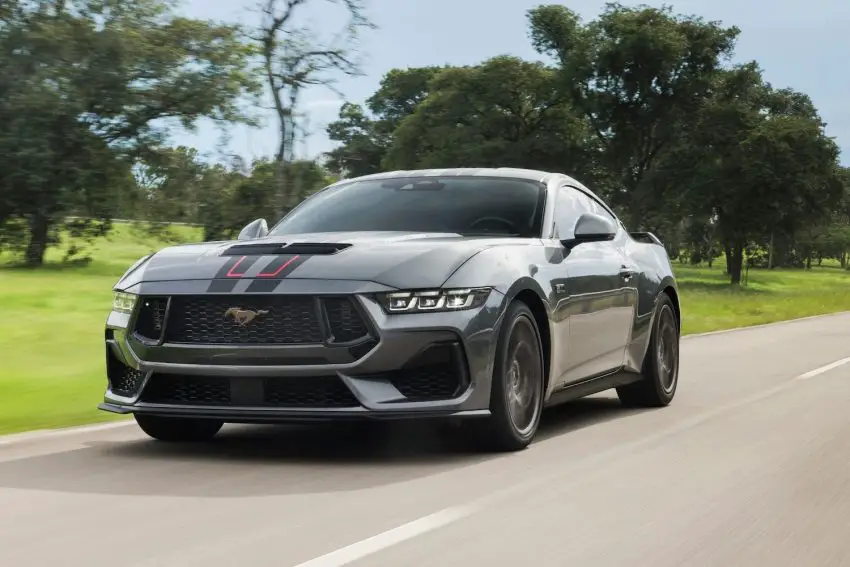
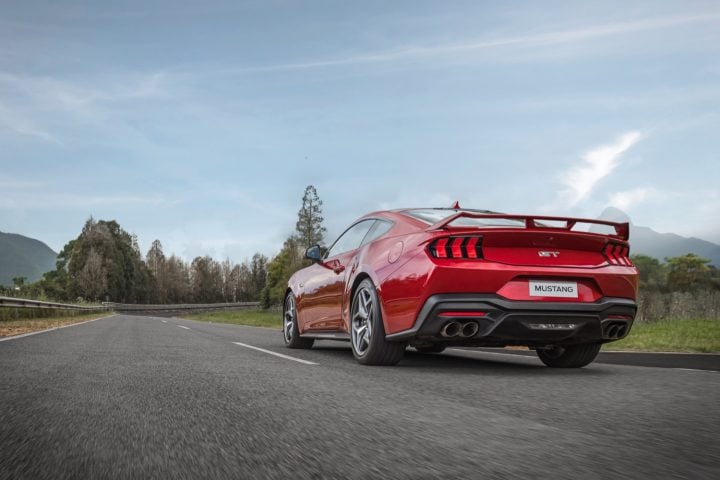
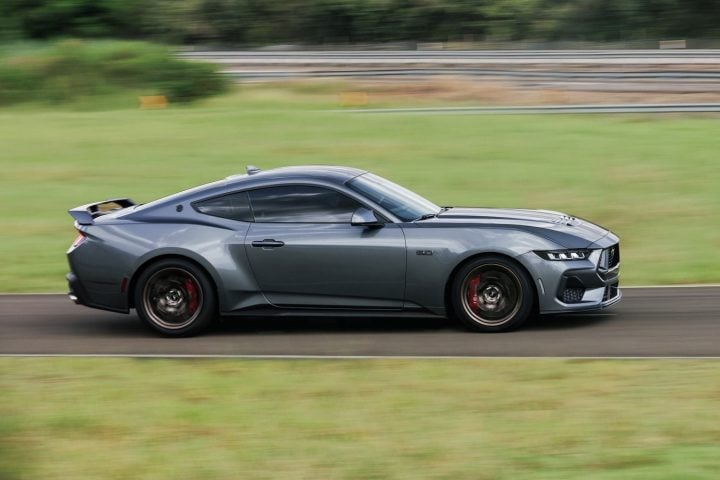
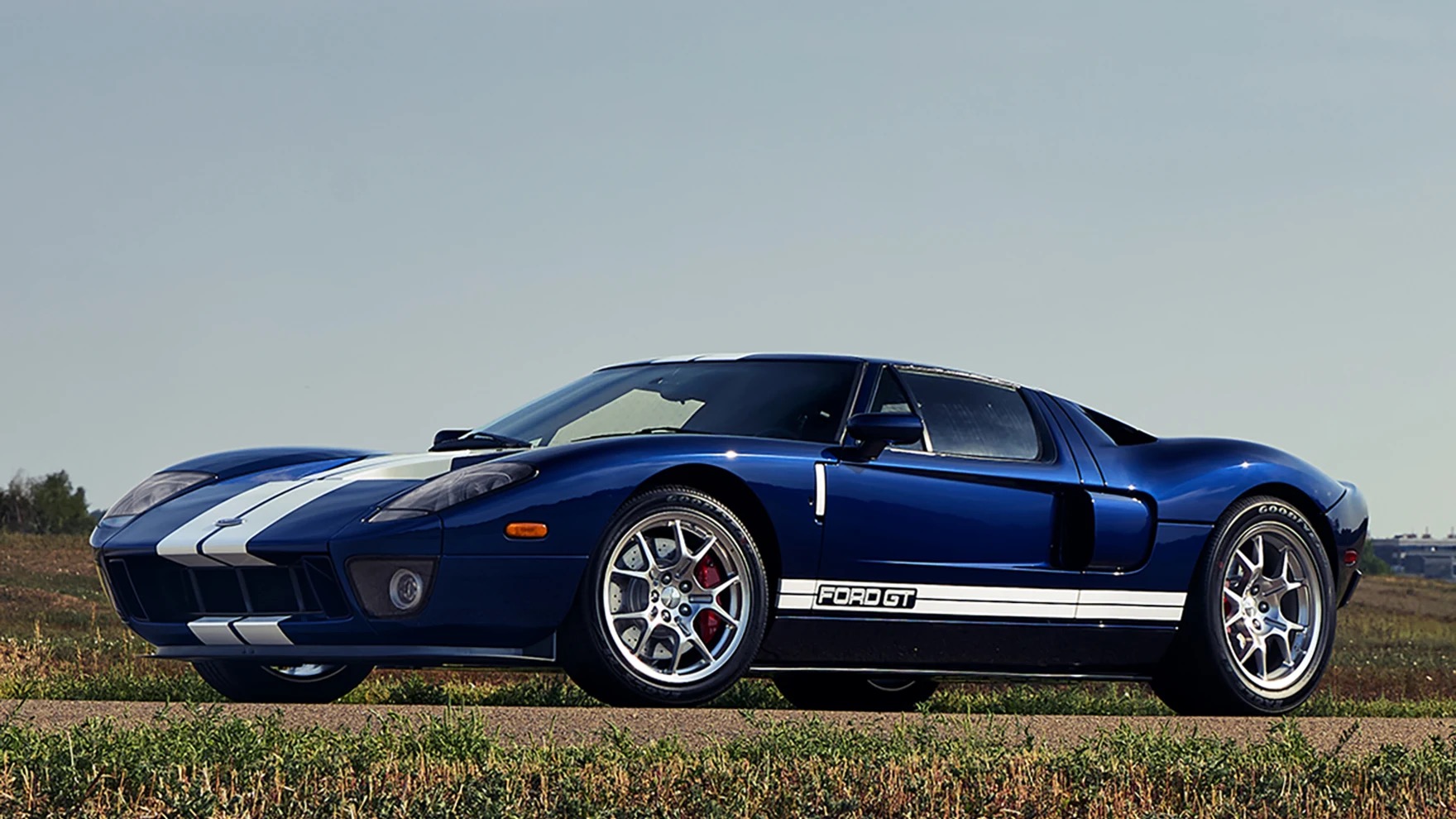
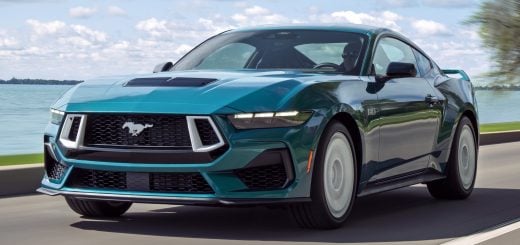
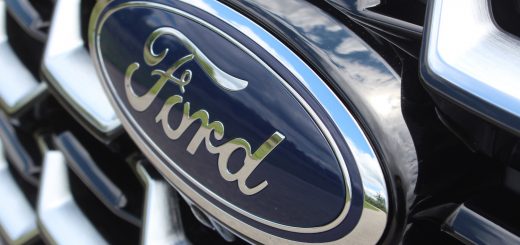







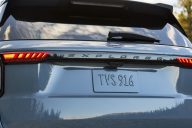


No Comments yet